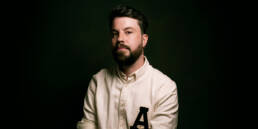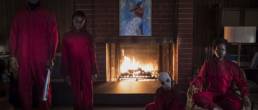
Following his extraordinary debut, ‘Get Out‘ (2017), which earned him an Academy Award for Best Original Screenplay—and well deserved, might I add, Jordan Peele has outdone himself with ‘Us’ (2019). The 40-year-old director recently said that the success he had with his first feature-length film gave him more time and room with his second, and it shows.
 CREDIT: UNIVERSAL PICTURES
CREDIT: UNIVERSAL PICTURES
‘Us’ is by all intents and purposes an exquisite work of the horror genre. Its screenplay, production and post-production are all testament to it. While there are noticeable elements of directorial style that Peele also used in ‘Get Out’, the Wilsons’ story manages to stand out on its own, quite beautifully. It follows Adelaide, Gabe, Zora and Jason Wilson as they’re faced with their nightmarish and murderous doppelgangers while vacationing in Santa Cruz. Joining this well-off family of African-Americans are their white and slightly richer friends, the Tylers—Kitty, Josh, and their twin daughters, Becca and Lindsey.
Beyond this family-holiday-gone-wrong setup and past the pop culture and horror classics references that are masterfully sprinkled throughout the film, a portrait of America itself is painted with elegant, yet striking subtext. It doesn’t take us long to understand Peele’s vision. We see the parallels, and we recognize how the stereotypes were cast aside to make way for fresh, truthful and enticing characters.
We’re sucked into their race for survival, as they’re faced with themselves. But Red, Abraham, Umbrae and Pluto, the Wilsons’ copies, aren’t monsters. They’re Americans. They say so themselves. Jumping between present day and 1986, Peele does a fantastic job of holding a mirror up to an entire nation. We see the good, the charming, the bad and the terrible.
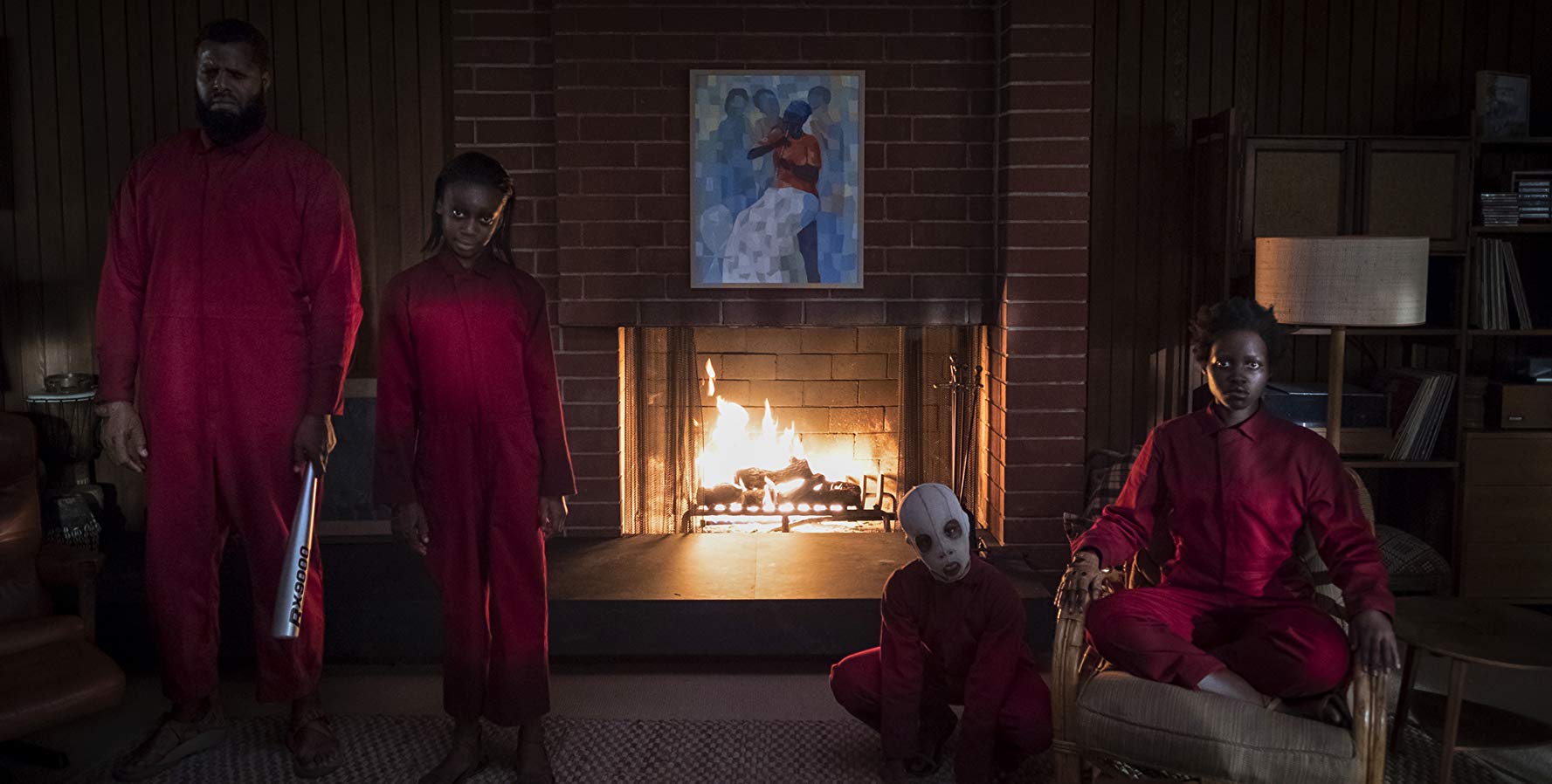 CREDIT: CLAUDETTE BARIUS/UNIVERSAL PICTURES
CREDIT: CLAUDETTE BARIUS/UNIVERSAL PICTURES
But beyond the metaphysics of America so neatly woven into the horror that unfolds over the course of just a little under two hours, lies a story of survival. It gives us people whom we’re naturally inclined to accept as normal and harmless, and it forces them to face one of Peele’s worst nightmares—the darker, savage and demented versions of themselves. Copies that make animal sounds and move like predators in the night. Doubles that seek to consume and destroy their originals, one beat at a time. It is honestly superb.
True to its genre, ‘Us’ doesn’t overdo the horror tropes, though I did find certain moments quite irritating. I’m not a fan of the sudden loud noises that unexpectedly cut through a moment of high-tension silence. While they have the desired effect of startling the audience, they’re short-lived and overdone, particularly in movies that don’t have much else to show for. However, Peele keeps those to a minimum, which is much appreciated and mostly serves the basic purpose of anchoring ‘Us’ into its genre, if nothing else.
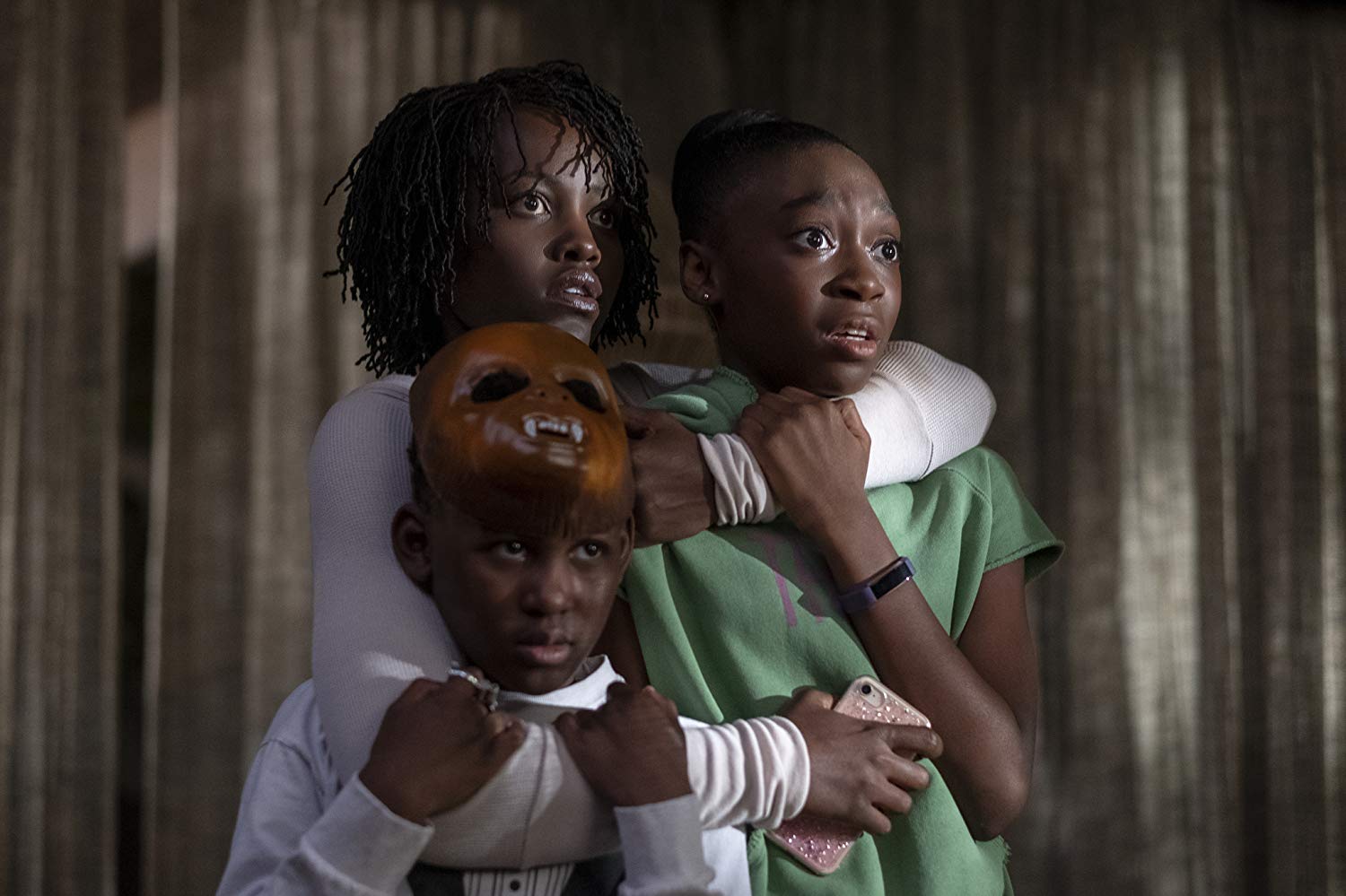 CREDIT: CLAUDETTE BARIUS/UNIVERSAL PICTURES
CREDIT: CLAUDETTE BARIUS/UNIVERSAL PICTURES
Aiding in the establishment of terror, the score is particularly haunting in the opening scene. It was composed by Michael Abels, also responsible for Peele’s ‘Get Out’. The combination of cold Latin chants and Afro rhythms manages to set the stage for what’s about to happen, along with the expanding shot of white rabbits in their cages. It does the job of sending shivers down this viewer’s spine, for sure.
But the most fascinating musical contrast was the use of Beach Boys and N.W.A. during the assault on the Tylers’ residence. It starts out with ‘Good Vibrations’, a jolly reprieve from the horrors we just witnessed at the Wilsons’ place, and it quickly descends into stark madness and violence as Kitty, Josh, Becca and Lindsey’s own doppelgangers come out and cut their way into this reality. It’s a cocktail that mixes melancholia with animalistic rage, and one of the film’s highlights.
The sound editing itself is a powerful weapon that Peele uses in telling the story. Every single raindrop, the sharp swish of scissors in the killers’ hands, every step, and every bone crackling—are all individual pieces in the puzzle, which becomes frighteningly clear by the end of the movie. Sound amplifies the experience. It puts the viewer right there, smack in the middle of the Wilsons’ ordeal.
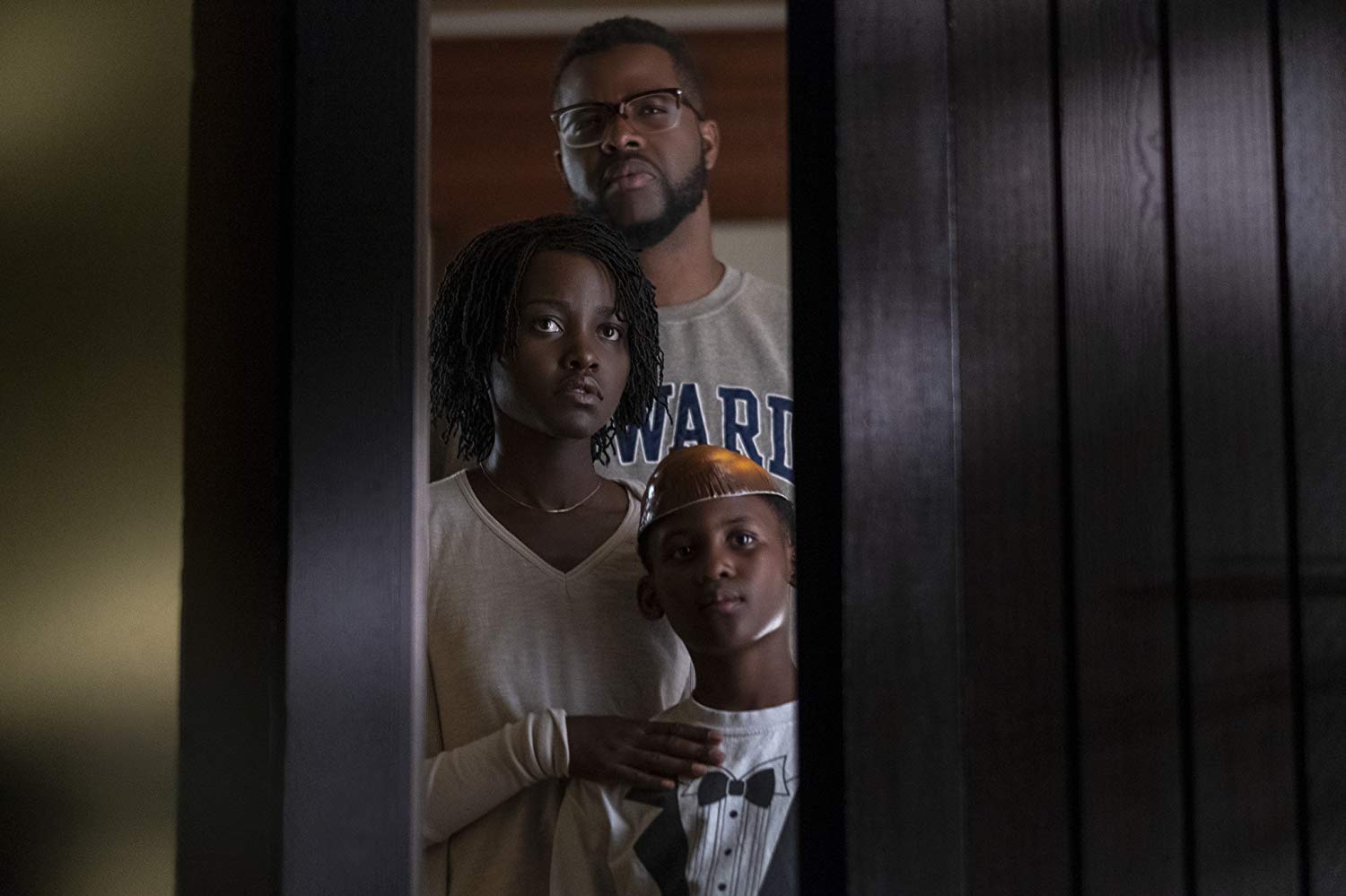 CREDIT: CLAUDETTE BARIUS/UNIVERSAL PICTURES
CREDIT: CLAUDETTE BARIUS/UNIVERSAL PICTURES
Even more so, the fluid camera movements and the close character shots further serve to make us participate, whether we want to or not. The choice doesn’t belong to us. We’re drawn along the sandy beaches of Santa Cruz and into the Wilsons’ cosy summer home, at first. We’re hypnotized by young Adelaide’s 1986 incursion into the mirror funhouse as she whistles ‘Itsy-bitsy-spider’, and we’re just as startled as she is when she’s faced with her double from below, and not just another reflection of herself. Later on, we’re unable to take our eyes off adult Adelaide, as she descends into the tunnels to take on her nemesis—herself.
As an added layer to this work of audio-visual craftsmanship, the production design is, too, deserving of a round of applause. Peele’s directorial vision wouldn’t be complete without the artful and carefully measured visual implements. The set design, in particular, is complicit in everything that happens. It tells its own story, down to the ‘Itsy-bitsy-spider’ in the Wilsons’ present-day summer home. The spaces are used to their maximum potential. They are the cameras’ playground and the actors’ worlds, and they represent the canvas on which ‘Us’ is painted. The colours are compelling, darkened but bold in some instances, brightened but frosted in others.
Everything that Peele uses in the background of this film paints a rich and cohesive picture telling us one thing, and one thing only: There is something wrong here, something that is simply off. What is it? Well, rest assured that the end does not disappoint in delivering the answer.
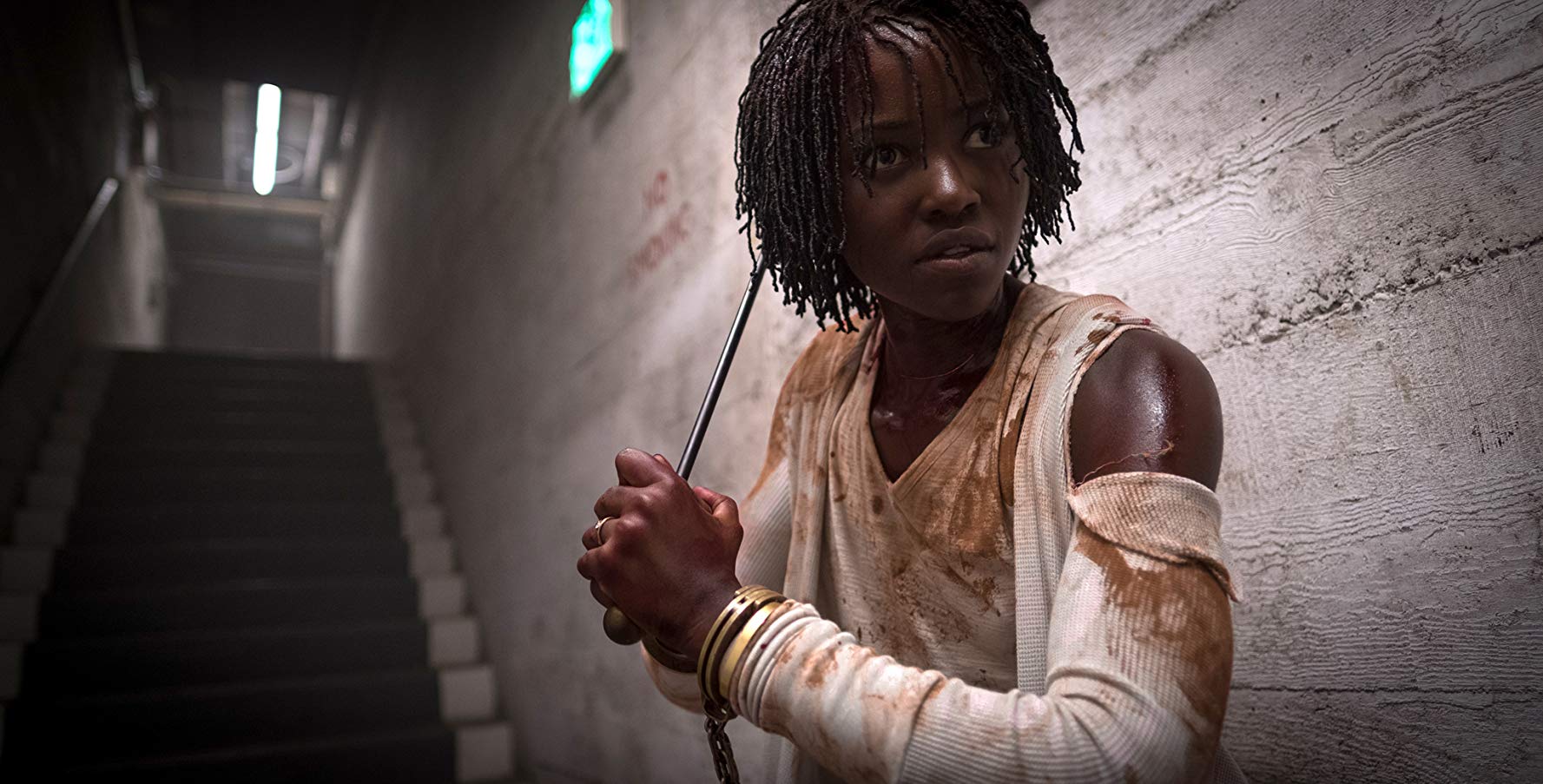 CREDIT: CLAUDETTE BARIUS/UNIVERSAL PICTURES
CREDIT: CLAUDETTE BARIUS/UNIVERSAL PICTURES
As we go deeper into the movie, next, it is worth discussing the actors’ performances, as well. They are visceral and gripping, honest in their form. Lupita Nyong’o splits herself splendidly between Adelaide Wilson and Red, her evil version. She’s graceful and deeply emotional as the woman, the wife, and the mother of two whose sole purpose in the midst of all this is to keep her family safe. She’s almost mechanical and inhuman, devious and soulless as Red, the one leading the revolt and the rise of all doppelgangers from the underground tunnels. It is safe to say, wholeheartedly even, that Lupita Nyong’o carries ‘Us’ from beginning to end with her masterful play.
Not far behind her is Winston Duke, who portrays Gabe, the slightly oblivious husband, and Abraham, the brutal monster that uses animal-like sounds to communicate with other males of his ‘underground’ species. At times, Gabe annoys us as much as he annoys Adelaide. He seems to be completely unaware of what’s about to happen to him or his family—though who could blame him? Besides his wife’s recent hard-to-explain premonitions and without prior knowledge of her childhood experience in the mirror funhouse down by the beach, how can we expect Gabe to react any differently? Granted, he is not the brightest of the Wilsons, clearly evidenced by his decision to confront his family’s doubles in the driveway with a baseball bat, and his desire to settle in the Tylers’ home, dead bodies be damned. But we can’t help but root for Gabe. We even breathe a sigh of relief as we see him survive one scene or another.
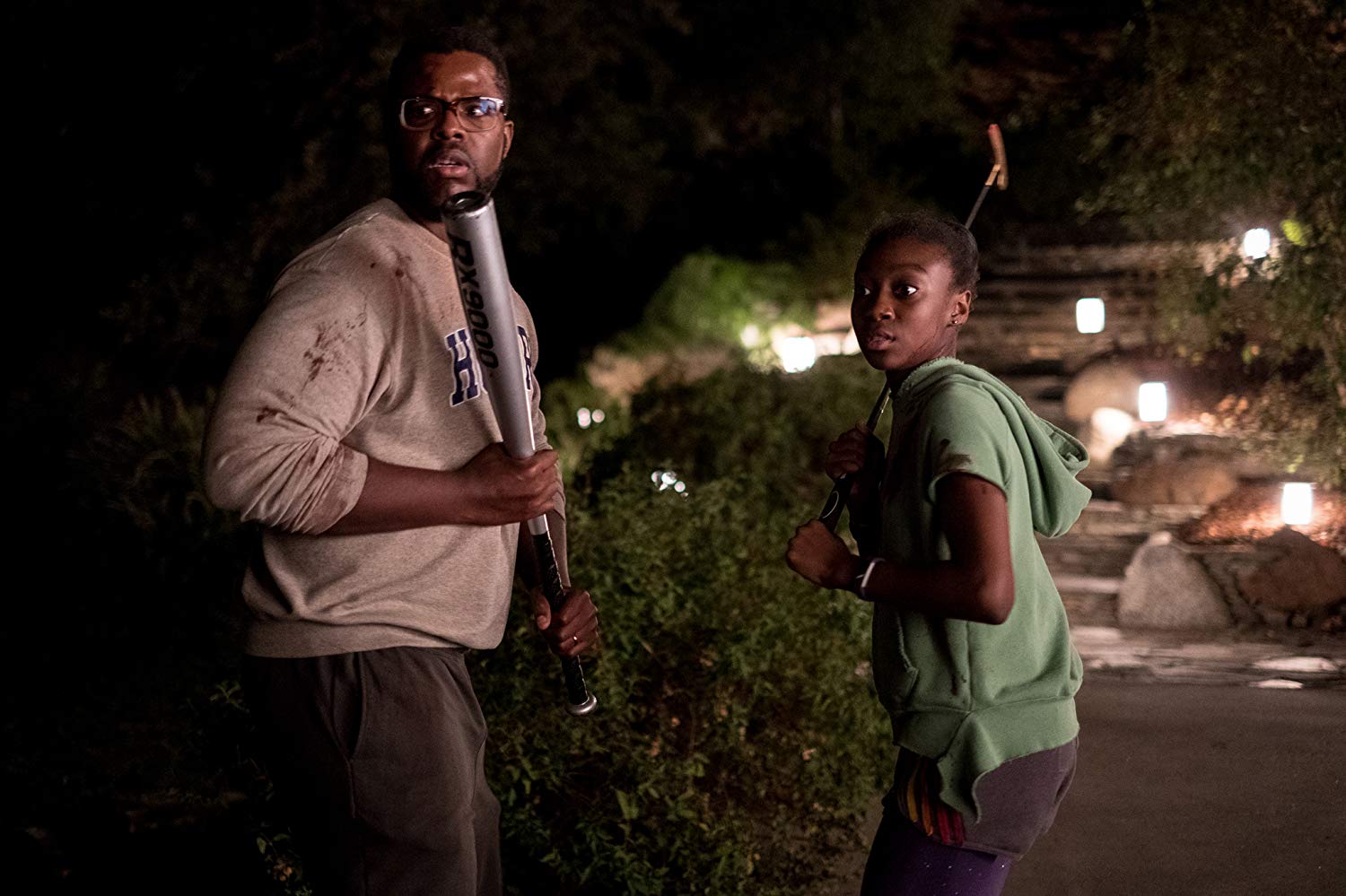 CREDIT: CLAUDETTE BARIUS/UNIVERSAL PICTURES
CREDIT: CLAUDETTE BARIUS/UNIVERSAL PICTURES
A truly spectacular presence is Elizabeth Moss playing Kitty Tyler. She doesn’t get as much screen time as the others, but she certainly makes her mark through a stirring performance. We feel the unadulterated delight as Dahlia, her mysterious clone, puts on lip gloss for the first time. We witness Dahlia’s unspoken madness as she tries to control the story, to make sure that what she’s doing up here serves its almost-holy purpose. Her dedication is remarkably coherent, despite the savagery.
Let us not ignore Shahadi Wright Joseph and Evan Alex, either. They portray Zora and Jason Wilson, respectively, as well as their evil and downright psychopathic doubles. The children aren’t mere secondary characters pushed to do things in order to advance the plot, like you’d normally see in one too many horror films. They do not exist to warn their parents, to be paralyzed by fear or, worst of all, to be victims. No, they are the young Wilsons, and they fight as hard as their parents against the invading look-alikes. We have the absolute privilege to watch them transform—from innocent and slightly apathetic kids, into unexpected warriors… and killers.
Despite the violence, however, Peele doesn’t let the story get dark beyond redemption. His brave and shameless use of humour, mostly through Gabe Wilson, is a much-needed injection to soothe our stretched nerves as we watch this struggle unfold. The male lead isn’t the fearless hero with a quest. He’s the comic relief. The first character you think will get killed before the movie ends. Like a loyal sidekick, Tim Heidecker’s Josh Tyler is almost as ‘bad’ as Gabe. They make us smile. The dollops of humour relieve the tension, every time, just before we’re plunged into another chapter of the Wilsons’ inferno.
Once you’ve reached the scrolling credits, you understand that ‘Us’ delivered three notable blows throughout its performance. The first, of course, comes when the doppelgangers come into the Wilsons’ home and turn their lives upside down. The second arrives with the realisation that Adelaide and her family aren’t the only ones dealing with killer copies of themselves. The third is the crown jewel, and it comes at the very end, courtesy of Adelaide herself. Rarely do I find myself walking out of a movie and unable to get that ending out of my head. It’s not a feeling I’d want to lose anytime soon.
With a whopping $71 million box office so far, it’s no wonder that ‘Us’ is getting such a buzz. The sudden change of tone in the visual storytelling, from the seemingly happy family with a slightly traumatised mom and a goofy dad to the crippling nightmare of a home invasion. The foreshadowing that is so neatly embedded into the setting and the characters’ words and actions, that you don’t even put two and two together until the very end—as you should. The thoughtful and rigorous process of character development that shows us exactly what we’re capable of, what lengths we’re willing to go to in order to survive and defend ourselves and our loved ones. The execution in its entirety, from page to screen.
All these elements point to one undeniable truth: Jordan Peele’s ‘Us’ delivers as a work of cinematic craftsmanship and horror masterpiece, and then some.
Jules R. Simion
Jules is a writer, screenwriter, and lover of all things cinematic. She has spent most of her adult life crafting stories and watching films, both feature-length and shorts. Jules enjoys peeling away at the layers of each production, from screenplay to post-production, in order to reveal what truly makes the story work.
An Interview with Anna Drubich
Anna Drubich is a Russian-born composer of both concert and film music, and has studied across…
A Conversation with Adam Janota Bzowski
Adam Janota Bzowski is a London-based composer and sound designer who has been working in film and…
Interview: Rebekka Karijord on the Process of Scoring Songs of Earth
Songs of Earth is Margreth Olin’s critically acclaimed nature documentary which is both an intimate…
Don't miss out
Cinematic stories delivered straight to your inbox.
Ridiculously Effective PR & Marketing
Wolkh is a full-service creative agency specialising in PR, Marketing and Branding for Film, TV, Interactive Entertainment and Performing Arts.

